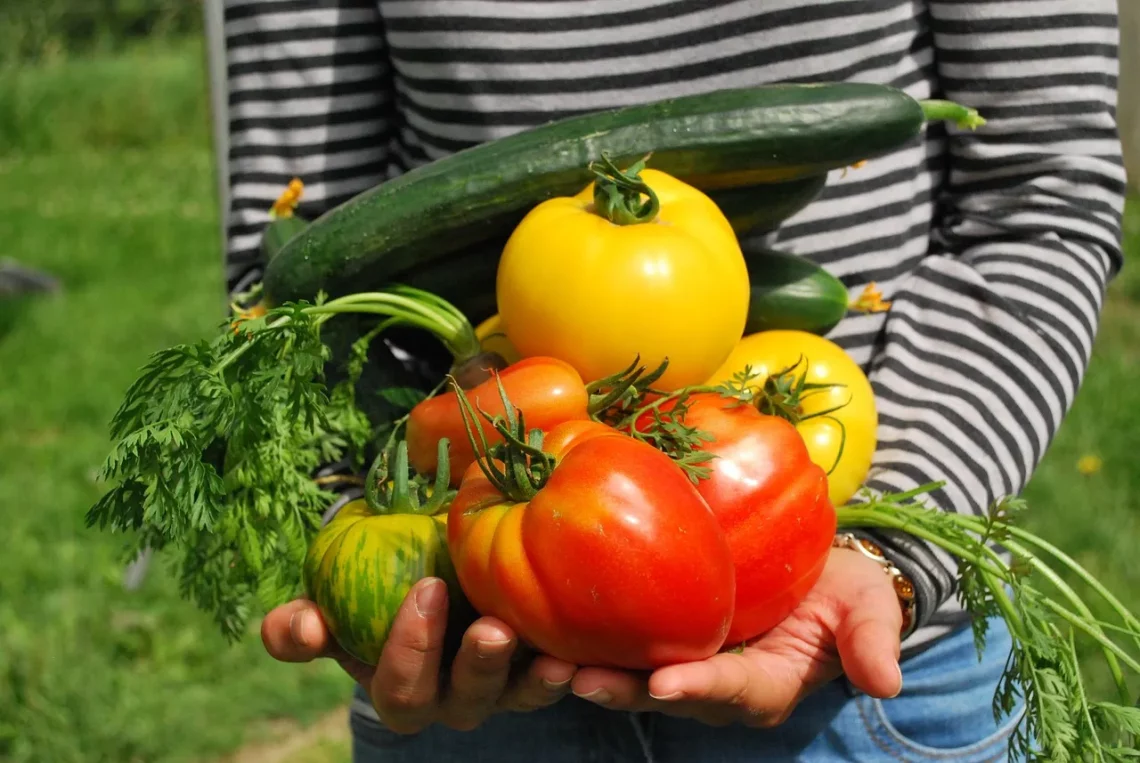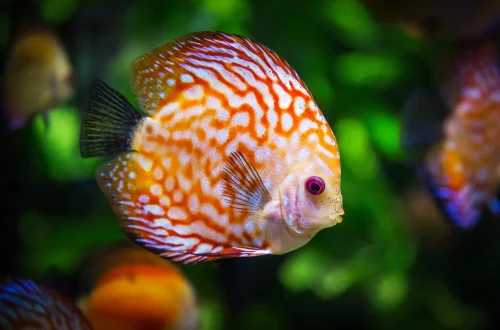
Can Guinea Pigs Eat Cabbage Safely and Healthily?
Guinea pigs, also known as cavies, are charming and sociable pets that have gained popularity around the world. Their relatively small size, gentle demeanor, and playful nature make them ideal companions for both children and adults. As responsible pet owners, understanding their dietary needs is crucial to ensure their health and happiness. A proper diet plays a significant role in a guinea pig’s overall well-being, influencing factors such as their growth, energy levels, and longevity.
One of the most common questions new guinea pig owners ask is about the safety of certain vegetables in their diet. Cabbage, a leafy green vegetable, often comes up in these discussions. It’s essential to determine whether this type of vegetable can be safely incorporated into a guinea pig’s diet without adverse effects. While cabbage is rich in nutrients, it also contains substances that may affect some animals differently. Therefore, it’s imperative to explore various aspects of cabbage consumption by guinea pigs, including its nutritional value, potential health effects, and how to introduce it properly into their diets.
Nutritional Benefits of Cabbage for Guinea Pigs
Cabbage is a leafy vegetable that belongs to the Brassica family, which also includes broccoli, kale, and Brussels sprouts. This vegetable is packed with a variety of nutrients that can be beneficial for guinea pigs when fed in moderation. One of the primary advantages of cabbage is its high vitamin C content. Guinea pigs, unlike some other animals, cannot synthesize their own vitamin C, making it essential to include this nutrient in their diet. Cabbage can serve as a supplementary source of vitamin C, which is vital for maintaining a healthy immune system and promoting overall wellness.
In addition to vitamin C, cabbage is rich in fiber. Fiber is crucial for guinea pigs as it aids in digestion and helps prevent gastrointestinal issues. A diet low in fiber can lead to serious health problems, including obesity and dental issues. The fibrous structure of cabbage can contribute to the necessary roughage in their diet, helping to keep their digestive system functioning optimally.
Furthermore, cabbage contains various antioxidants, which can help combat oxidative stress in guinea pigs. These antioxidants are essential for fighting free radicals in the body, thereby reducing the risk of chronic diseases. Additionally, cabbage has a low-calorie count, making it an excellent option for guinea pigs that may be prone to weight gain.
However, while cabbage has several nutritional benefits, it should be noted that it is not the only vegetable guinea pigs can consume. A diverse diet consisting of various vegetables, hay, and pellets is important for their overall health. Therefore, while cabbage can be included in their diet, it should complement other fresh produce and not be the sole focus.
Potential Risks of Feeding Cabbage to Guinea Pigs
Despite its nutritional advantages, cabbage is not without its risks when it comes to feeding guinea pigs. One of the major concerns is the presence of goitrogens in cabbage. Goitrogens are substances that can interfere with the normal function of the thyroid gland. While the occasional serving of cabbage is unlikely to cause significant harm, regular and excessive consumption may lead to thyroid issues over time.
Moreover, cabbage can cause gas and bloating in some guinea pigs. This is particularly true if they are not accustomed to high-fiber foods. If a guinea pig suddenly consumes a large amount of cabbage, it may experience digestive upset, which can be uncomfortable and potentially harmful. Signs of gastrointestinal distress may include lethargy, lack of appetite, or abnormal droppings.
When introducing cabbage into a guinea pig’s diet, it is essential to do so gradually. Start with small portions and monitor for any adverse reactions. If your guinea pig exhibits signs of discomfort or digestive issues, it may be best to avoid cabbage altogether or consult with a veterinarian for tailored advice.
Additionally, it’s crucial to consider the source of the cabbage. Pesticides and other chemicals can be harmful to guinea pigs. Always opt for organic cabbage when possible, and wash it thoroughly to remove any residues.
How to Introduce Cabbage into Your Guinea Pig’s Diet
Introducing new foods into a guinea pig’s diet should always be approached with caution. When it comes to cabbage, a gradual introduction is key to ensuring a positive experience for your pet. Start by selecting fresh, organic cabbage to minimize exposure to harmful chemicals.
Begin with a small leaf or a few pieces of finely chopped cabbage. Offer this initial portion alongside their regular diet of hay and pellets. Observe your guinea pig’s reaction over the next 24 hours. Look for any signs of digestive upset or changes in behavior. If your guinea pig enjoys the cabbage without any issues, you can gradually increase the portion size over the following days.
It is best to limit cabbage to a few times a week rather than making it a daily staple. This approach will help mitigate the risks associated with goitrogens and gas production. Always ensure that your guinea pig has access to unlimited hay, which is essential for their digestive health, along with fresh water.
Another important aspect to consider is variety. While cabbage can be a nutritious addition to their diet, it should not replace other vegetables. Incorporate a range of safe vegetables, such as bell peppers, carrots, and leafy greens, to provide a well-rounded diet that meets all of their nutritional needs.
Finally, consult with a veterinarian if you have any concerns about your guinea pig’s diet or health. A professional can offer personalized advice based on your pet’s specific needs and conditions.
Conclusion: Balancing Cabbage in a Guinea Pig’s Diet
In conclusion, cabbage can be a safe and healthy addition to a guinea pig’s diet when offered in moderation. Its rich nutritional profile, including vitamin C and fiber, can contribute positively to their overall health. However, potential risks such as goitrogens and digestive upset should be taken into account when considering this vegetable.
As responsible pet owners, it is our duty to ensure that our guinea pigs receive a balanced and varied diet. While cabbage can complement other vegetables and hay, it should never become the sole focus of their meals.
Always monitor your guinea pig’s reaction to new foods and consult with a veterinarian if you have any concerns about their health. Remember that each guinea pig is unique, and what works for one may not be suitable for another.
This article is for informational purposes only and does not constitute medical advice. Always consult a qualified veterinarian for any health-related concerns regarding your guinea pig.




